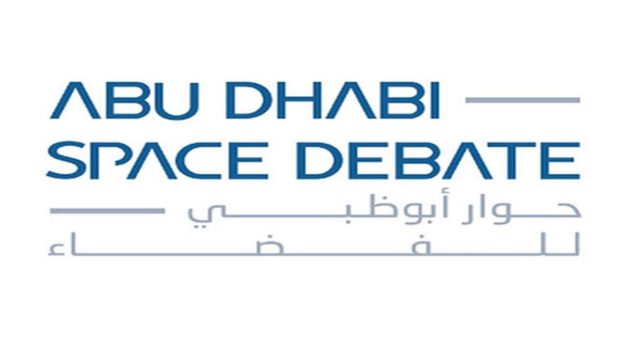Omran Sharaf (Assistant Minister, Foreign Affairs and International Cooperation; Chairman, Committee on the Peaceful Uses of Outer Space) shares more about the ADSD with Huma Siddiqui.
Next week at the Abu Dhabi Space Debate (ADSD), where Prime Minister Narendra Modi is scheduled to deliver his address virtually, around 300 delegates from over 45 countries are set to attend the debate. There will be representatives for 35 space agencies and commands from across the globe.
Omran Sharaf (Assistant Minister, Foreign Affairs and International Cooperation; Chairman, Committee on the Peaceful Uses of Outer Space) shares more about the ADSD with Huma Siddiqui.
Several countries are home to new space agencies that are still in their infancy. What are the roles of these countries in the space debate?
They are a key element of the new global space community and together form an important voice for our industry. Young countries like the UAE and India are paving the way to what we’re calling a ‘new space age’ – gone are the days of the Cold War and its Space Race – a bipolar soft power competition using technologies that had very clear hard power heritage – we are now looking at a multilateral world with new players and new entrants in every direction. New national space agencies, new private sector players and new dynamics demand new regulation, new legislation and new approaches. We were all young once – and it is important that we involve youth as we plan the shape of the world they will inhabit. People and agencies alike!
Also read| Space jam: Here’s what the future holds
What outcomes are expected?
Our aim is not to create another ‘talking shop’ – as an industry we are well aware of the key issues we face, but we are also aware we are not acting on them. Why? Arguably a few reasons – one of them being the sheer interconnectedness of the issues, they can’t be siloed and yet today that’s just where they are. As I mentioned, the fear of the ICBM has been replaced by the fear of drones. And we have moved from the bi-polar world of the Cold War and its Space Race to a multilateral world where some 70 nations are space capable, where a fast-growing private sector is taking an increasing role and where global tensions have threatened some of the most cherished aspects of our exploration of space. Our most important piece of international legislation, the Outer Space Treaty, dates back to 1967. And if cubesats are the new PC driving a desktop revolution, who is playing the role of the outdated mainframe manufacturers?
Also read| Booming startups to make space tech cheaper
So our goal at ADSD is not to restate the issues or complain about them. It’s to find ways through – to tease out commitments from panelists, to recognize today’s challenges but also lead the way ahead of them, to focus on what we can do together, not on what can’t be done – and why we would want to work together rather than bake in our differences.
How can the developed/developing countries join hands to ensure that Outer space is not militarized?
You used the phrase – by joining hands! I chair the United Nations Committee on the Peaceful Uses of Outer Space (COPUOS) and the goals of that Committee are very much woven into those of ADSD – by working together, by providing a balance to polarization and conflict, I believe we can strive for balance, equitability and tolerance to prevail.–
https://www.financialexpress.com/lifestyle/science/exclusive-uae-and-india-paving-the-way-to-new-space-age-says-chairman-of-committee-on-peaceful-uses-of-outer-space/2895285/





